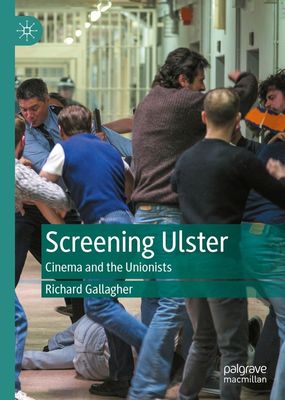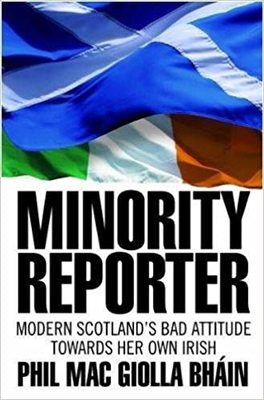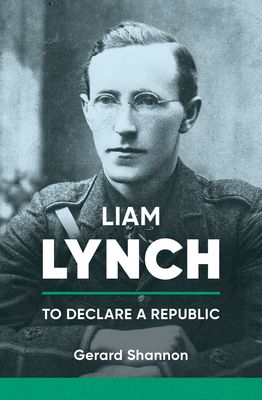Failures of State: The Inside Story of Britain’s Battle with Coronavirus by Jonathan Calvert and George Arbuthnott (HarperCollins)
AT end of 2019, Boris Johnson was preparing to celebrate his success in having led Britain out of the European Union. The prime minister had got Brexit done. Now he could look forward, at least within England, to years of acclaim for executing a history-making sleight of hand.
The drawbridge was raised. Britain would control its own borders. No-one could cross the UK’s frontier without permission. But one unwanted visitor cared little about passports, visas and customs officers. The Covid-19 virus ignored barriers against alien intruders by entering without so much as a by your leave.
And its first political victim was none other than a hapless Johnson, as this devastatingly damning account illustrates. He is exposed as a bungling, bumbling, barmy politician unable to grasp detail, uncertain how to formulate a strategy and unwilling to act with sufficient speed. He veered continually between being complacent and being cavalier.
As the pages turn, the questions accumulate. Can the incompetence get worse? Can Johnson and Hancock tell more lies? Can the government spin be less transparent and more fallacious? In every case, the same answer becomes overwhelmingly clear: yes, yes, yes. For this was government on the hoof.
As with Brexit, he relied on a slogan to see him through what he could not recognise as a once-in-a-century emergency: “We’re following the science.” The science? Or a science? One of this book’s virtues is its charting of the differences of opinion between scientists and, as the months pass, the changes of minds by many scientists. CULPABLE: Boris Johnson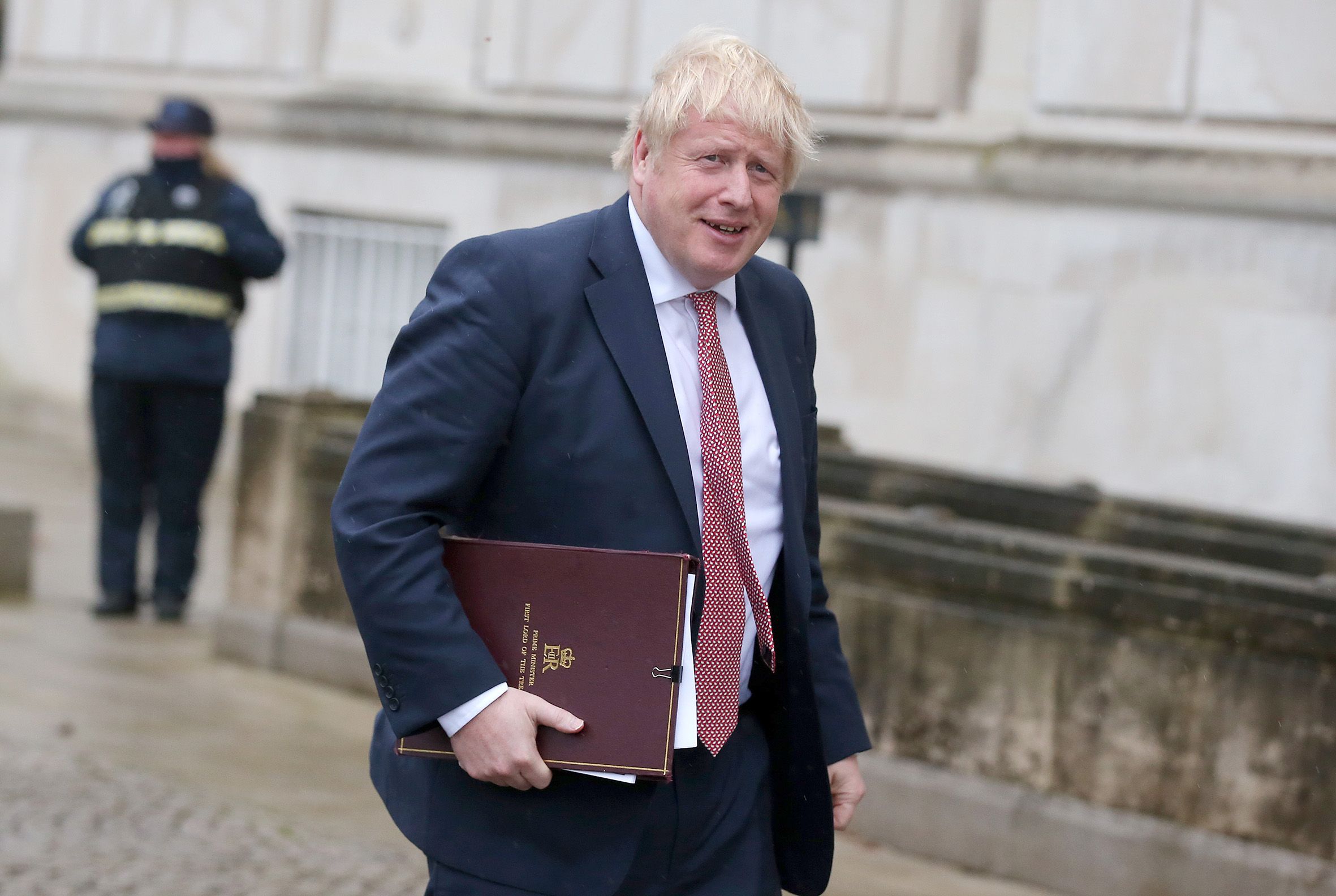
In journalistic terms, the book is something of a cut-and-paste job. The writers, Jonathan Calvert and George Arbuthnott, chiefs of the Sunday Times’s Insight team, have scoured the files of cuttings, assembled them chronologically, injected examples of their own coverage, and created a narrative. Credit to them for accomplishing the task so well and, especially, for interrupting the political story at points to highlight examples of the human cost.
Much of the material is known, but bringing it all together is hugely valuable. If individual newspaper stories form the first draft of history then it’s fair to call this kind of exercise the second draft. And the authors also include some eye-opening revelations, such as the astonishing fact that, with the virus gaining hold in Britain, the government shipped vital supplies of PPE (personal protective equipment) to China in what appears to have been a clumsy attempt to secure a post-Brexit trade deal.
There are occasional mentions of anonymous sources – “a Downing Street adviser”; “a well-placed source”; and “one Tory aide” – but most of the quotes are on the record by people who are identified. This clarity helps in the mounting of a compelling case against Johnson, his health secretary Nick Hancock, and the two men who gave them “expert” cover: Tweedledum Chris Whitty, the chief medical officer, and Tweedledee Sir Patrick Vallance, the government’s chief scientific officer.
As the pages turn, the questions accumulate. Can the incompetence get worse? Can Johnson and Hancock tell more lies? Can the government spin be less transparent and more fallacious? In every case, the same answer becomes overwhelmingly clear: yes, yes, yes. For this was government on the hoof.
ALL-POWERFUL GRIP
The early chapters, which examine the Chinese origins of the coronavirus outbreak, suggest that the book’s title could have been Failures of States plural because Beijing proved itself a master of deception. Once it recognised the peril, however, its leadership’s all-powerful grip on its citizens enabled it to act swiftly and efficiently.
Social-democratic Britain could never have emulated the response of China’s authoritarian regime. But it does not excuse Downing Street’s crucial delay in facing up to the crisis and the consequent catalogue of errors identified by Calvert and Artbuthnott in their meticulous exploration of the facts.
They identify several examples of Johnson’s cack-handed complacency during his three-week dithering over what should be done. He did not take Covid-19 seriously. He failed to turn up to the first five Cobra meetings called to coordinate actions to deal with the crisis. He advocated the cynical policy of herd immunity. He continued to shake hands with people, turning up at a rugby match attended by a crowd of 81,000 and saying: “Stopping big gatherings doesn’t work in stopping the virus.”
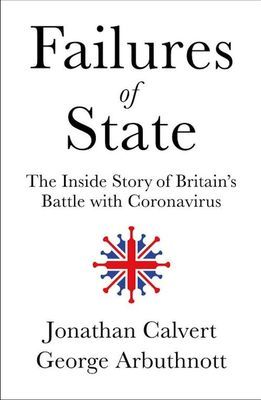
Meanwhile, Britain’s borders remained open and mooted quarantine measures were disregarded on the grounds that they were no more than “symbolic gestures”. A test-and-trace initiative was risibly inadequate. Another “gesture” that was dismissed out of hand was the wearing of masks. This decision was to have fatal consequences in care homes.
As the authors record, Public Health England told care home staff there was no need for face masks because it was “very unlikely that anyone receiving care in a care home or the community will become infected.” This error of judgement, like the others, was justified in terms of following the science. None other than the deputy chief medical officer, Dr Jenny Harries, said it was “quite a bad idea” to wear masks.
In fairness to Johnson (which is a truly difficult concession in the circumstances), he was not responsible for the lack of readiness by the health authorities. Although a pandemic had been expected for years, the NHS was hopelessly ill-prepared for its arrival. Respirators were outdated; there were too few gowns, visors, and even swabs. Nurses desperate to protect themselves from catching the virus from patients were forced to having to improvise by wrapping themselves in bin liners.
DENIED ACCESS TO INTENSIVE CARE
Inadequate resources at hospitals and the need to free up beds led to the discharge of 15,000 mainly elderly patients into care homes where, in so many cases, they were placed at risk of catching the virus. Hospitals also denied access to intensive care for thousands of critically ill patients. Out-patient appointments were abandoned.
When Johnson finally grasped that Covid was a genuine catastrophe – not least when he nearly died of it himself – he seemed as if he was taking it more seriously. But there were still changes of direction as he sought to placate his right-wing libertarian party colleagues by refusing to respond adequately to new waves of the virus.
As for Hancock, the authors do not overlook the minister’s part in this shameful, shambolic drama. They provide several examples where he has had trouble dealing with the truth, sardonically suggesting that if there was to be a dictionary definition of Hancockisms it would read: “noun – Bold, positive claims with a large dollop of wishful thinking, which turn out to be mostly untrue.”
He and Johnson may yet survive, however, because this book was written before the giant vaccination programme. Its efficiency, which cannot be denied, should not blind us to the government’s earlier misdemeanours. Ask instead whether 127,000 people needed to die before the Tories finally did something right?



